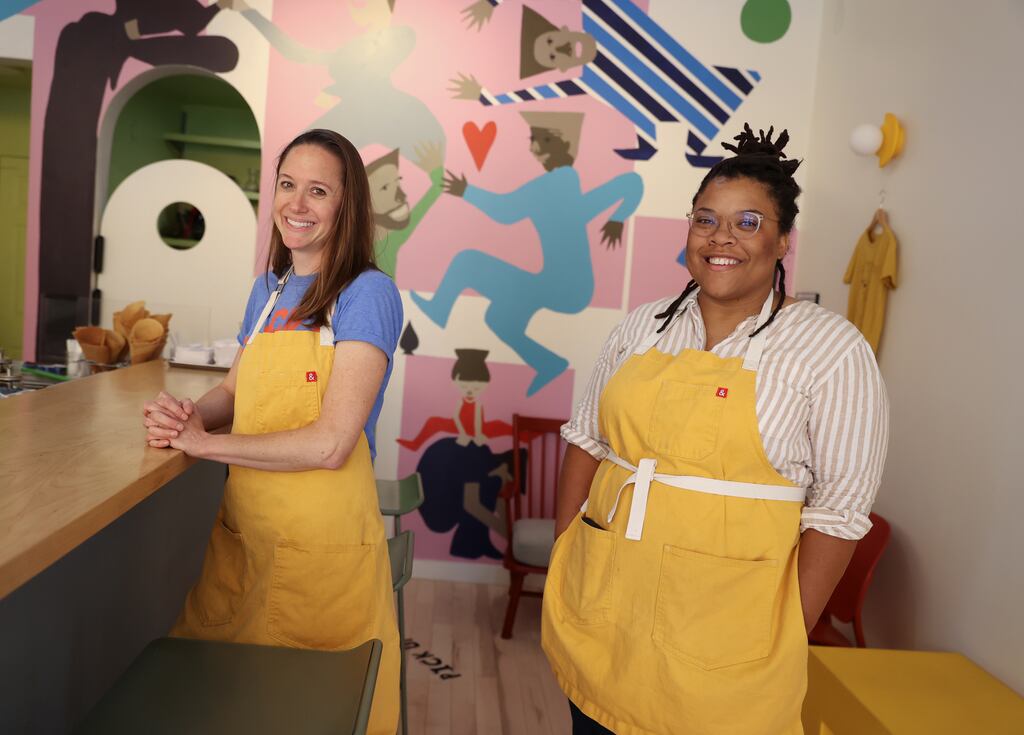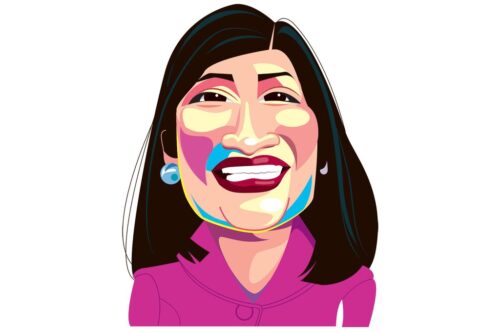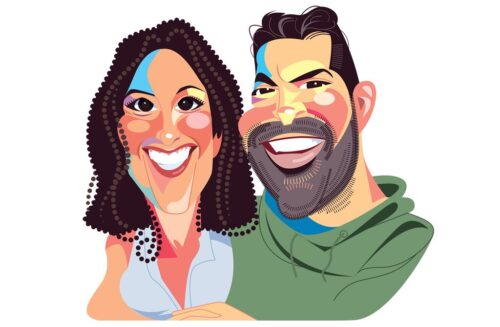Globe reporter Janelle Nanos sits down with leaders in the city’s business community to talk about their career paths, work and accomplishments, as well as their vision for Boston’s future.
Shuttered storefronts. Empty office towers. How do you rebuild a city’s economy in the wake of a pandemic?
Boston was still struggling to sort out the long-term implications of the COVID-19 pandemic when Segun Idowu started his role at City Hall in November 2021. And among the first things he and Mayor Michelle Wu did was rethink the name of the department he would run.
They both agreed the division, which used to be known as the Office of Economic Development, needed a new mission. And that mission is now reflected in both its name and Idowu’s title: He’s the city’s chief of economic opportunity and inclusion. In many ways, this role was a extension of the work he was doing before he joined the Wu administration, when he led the Black Economic Council of Massachusetts, or BECMA.
Explore the full Bold Types series
“We talked a lot about how residents react and respond to even the term ‘development’ and what it meant for our communities,” he said. “A lot of folks had a visceral reaction because what development meant was that they could not stay in their neighborhoods that they helped to build and create and sustain.”
In the new episode of Bold Types, the Boston Globe’s Janelle Nanos sat down with Idowu to talk about the work he’s done to help ensure that development means opportunities for all Bostonians.
For Idowu, one of the foremost ways he’s seen progress has been through the SPACE Grant program that uses federal American Rescue Plan Act funds to help small businesses slot into empty storefronts throughout the city. Some of the grants are substantial, up to $200,000.
“Through the life of the program, 90 businesses got this grant, for $10 million overall,” he said. “And 75 percent of awardees are businesses owned by people of color, 65 percent are [owned by] women, and 20 percent identify as immigrant owned. When you support small businesses, you’re creating jobs, you’re providing value for our communities and for our families.”

Expanding economic opportunities has also meant advocating to create 225 new liquor licenses for Boston’s restaurant industry, a measure that was passed by the state this fall. Buying an existing liquor license can cost as much as $600,000, which is often prohibitively expensive for small operators. Now Idowu and his team will have to “figure out how we equitably disperse these licenses across the city and getting them into the hands of people who could really use them,” he said.
“I mean, it’s a leg up into the middle class,” Idowu said. “Boston believes in equity, in particular racial equity, and we want to use the tools and resources we have to advance that agenda.”
And Idowu spoke about his work to attract major companies to Boston, and the city’s big score in bringing the North American headquarters of toy maker Lego to town.
“When we were talking with Lego as they were figuring out where they wanted to be, one of the biggest things they shared with us about why they want to be here is Mayor Wu’s vision. The focus on supporting young people, on the focus on play, the focus on making Boston a home for everyone, all of these things resonated with them and with their employees,” he said. “And this is true across the board for companies that have chosen Boston as their headquarters. … It all comes down to [the fact that] their employees want to be here.”
How Will Ahmed turned an idea he had as a student athlete at Harvard into a $3.6 billion fitness-tech brandAt The Engine Accelerator, Emily Knight helps bring world-changing ‘tough tech’ out of the labWhat is the future of the T? Jarred Johnson and TransitMatters have some ideas.



Comment count: